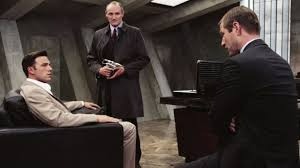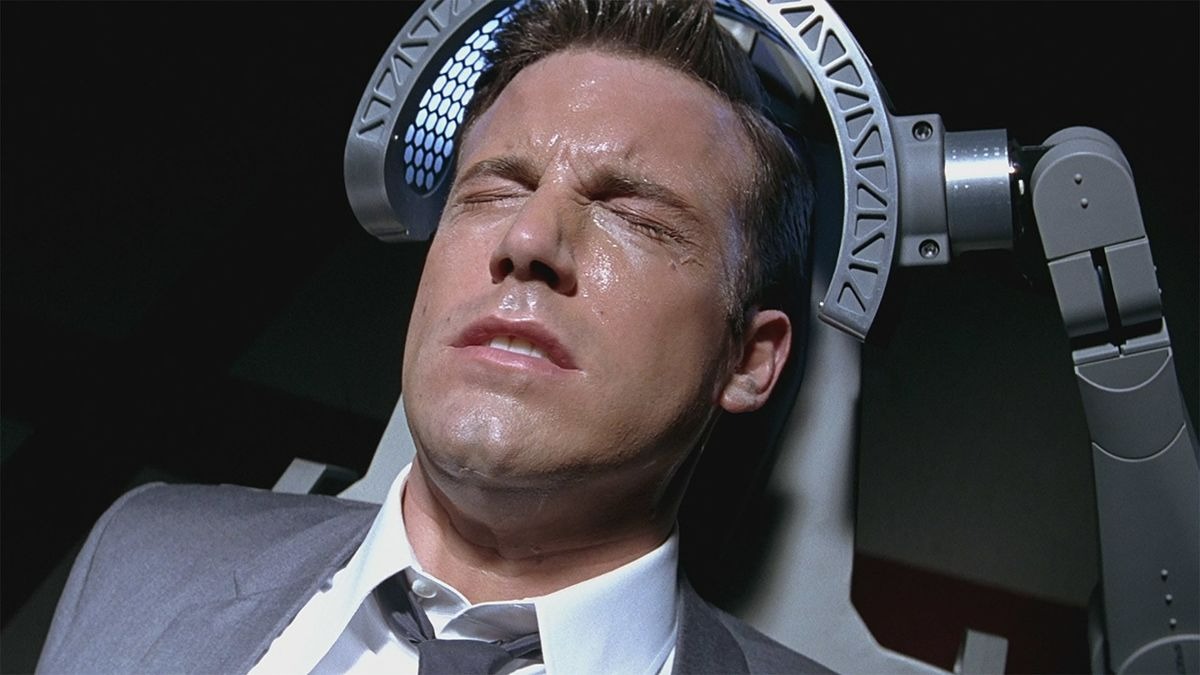
“Paycheck,” directed by John Woo and released in 2003, is a thrilling science fiction film that combines elements of action, mystery, and a mind-bending narrative. Based on a short story by Philip K. Dick, the film stars Ben Affleck as Michael Jennings, a talented engineer who finds himself entangled in a complex conspiracy.

The plot centers around Jennings, who takes on a job for a high-tech corporation that requires him to erase all memories of his work once the project is completed. After successfully designing a groundbreaking technology, Jennings receives an unexpected paycheck—an envelope filled with seemingly random items instead of the expected monetary compensation. With no memory of the project or the purpose of the items, Jennings must piece together the puzzle while being pursued by dangerous forces who are determined to eliminate him.
As Jennings navigates this treacherous landscape, he discovers that the items in the envelope hold the key to his survival and the truth behind the corporation’s sinister plans. The film expertly blends suspense and action, keeping viewers on the edge of their seats as Jennings races against time to uncover the truth about his past and his role in a larger conspiracy.

“Paycheck” features a strong supporting cast, including Uma Thurman as Rachel, Jennings’ love interest, and Aaron Eckhart as a rival engineer. Their performances add depth to the story, enhancing the emotional stakes as Jennings fights to reclaim his identity and protect those he cares about.

Visually, the film showcases John Woo’s signature style, characterized by dynamic action sequences and stylish cinematography. The combination of thrilling chases, clever gadgetry, and thought-provoking themes about memory and free will creates an engaging cinematic experience.
In conclusion, “Paycheck” (2003) is an entertaining blend of science fiction and action, exploring intriguing concepts while delivering heart-pounding thrills. With its compelling narrative and strong performances, the film invites audiences to ponder the implications of memory and identity in a technologically advanced world.

